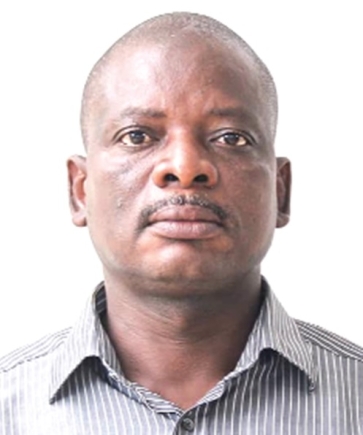
Financial infractions: Failure to prosecute public officials erodes trust – Dr Bukari
The Head of Department of Political Science, University for Development Studies, Tamale, Dr Gbensuglo Alidu Bukari, has stated that the state’s failure to prosecute individuals implicated in the Auditor-General’s reports and other investigative findings has, over time, eroded public trust in the governance system.
The failure to prosecute, he said, had also entrenched a culture of political impunity, particularly under the Fourth Republic.
Speaking in an interview, Dr Bukari, therefore, stressed the need for deliberate efforts to strengthen coordination among key accountability institutions such as the Auditor-General, the Office of the Special Prosecutor (OSP), the Economic and Organised Crime Office (EOCO) and the Attorney-General’s Department to address the malaise.
Institutional conflicts
Reacting to ongoing discussions on the misappropriation of public funds and the slow pace of prosecutions, Dr Bukari explained that clearly defined mandates and improved inter-agency cooperation are essential to eliminate institutional conflicts that delay or undermine prosecution.
“The canker of financial and administrative infractions and the attendant lack of accountability in Ghana underscore the urgent need for political will and commitment, reform of the legal, institutional and political frameworks governing public financial management,” he stressed.
“Moreover, the Parliament of Ghana must exercise a more assertive oversight role by ensuring that the recommendations of the Public Accounts Committee (PAC) are fully implemented and that findings from the Auditor-General’s reports translate into tangible prosecutorial outcomes and recoveries,” he said.
Dr Bukari emphasised the importance of strengthening the enforcement of the Auditor-General’s disallowance and surcharge powers under the law through statutory timelines and sanctions for non-compliance.
“Equally, political interference in anti-corruption processes must be curtailed by guaranteeing the operational and financial autonomy of investigative and prosecutorial bodies such as the OSP and EOCO,” he stated.
“In a nutshell, we need a genuine political commitment as a country to enforce accountability, irrespective of political or social status, which remains the cornerstone of reform,” he said.
Civic engagement
Aside from enforcing the law, Dr Bukari also called for public awareness and civic engagement to collectively deter malfeasance and restore confidence in the integrity of the country’s political and economic governance architecture.
